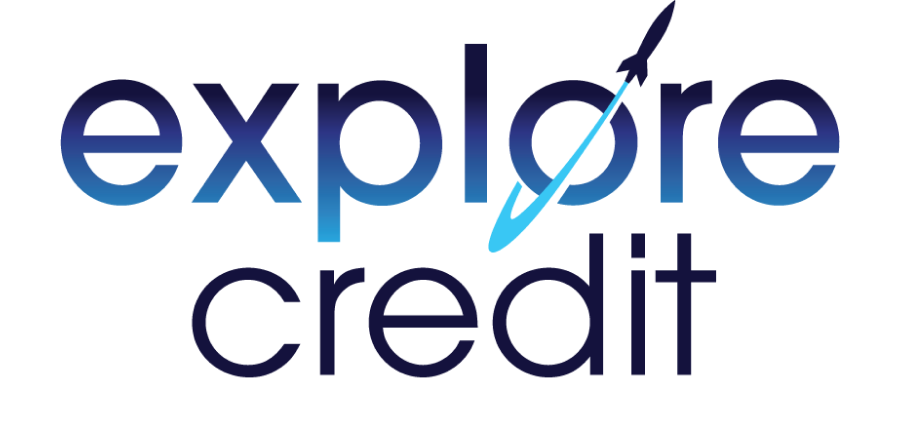There are plenty of scammers out there looking to take your money and personal loans are one of the places ripe with them. In 2022 alone, consumers reported losing nearly $8.8 billion to fraud, according to the Federal Trade Commission. If you’re not careful, you too might become a scam statistic. Let’s review common red flags so you can spot a personal loan scam and know to steer clear.
1. Demands Payment Upfront
Legitimate lenders do not require you to pay fees before they disburse your loan. If a lender asks for payment upfront, be it for “insurance,” “processing,” or any other reason, consider it a major warning sign. Authentic loan companies may charge you fees but all fees will be deducted from your loan.
Get A Loan from $100 Up To $5,000!
Receive cash within 24 hours – Fast & easy application – Compare lenders for the best offer.


2. Guarantees Approval
No trustworthy lending institution can guarantee approval without reviewing your credit or verifying your financial information. Even lenders who specialize in bad credit loans and consider more than your credit score will need to do a soft credit pull before approving you. If a lender promises approval regardless of your financial situation, be wary. This is often a tactic used to lure you into a scam.
We have a loan for you!
Apply online for an Explore Credit Installment Loan. Find NO hidden fees, NO early repayment penalties, and FAST funding.


3. Sounds Too Good to Be True
Lenders won’t call you out of the blue with an amazing offer that will clear your debt. You aren’t going to qualify for a loan with a low-interest rate without having to go through a hard credit check. Your bank isn’t going to send you a letter guaranteeing approval. If an offer sounds too good to be true, it probably is.
4. Not Registered in Your State
By law, lenders must be registered in the states where they do business. Check your state’s financial regulatory website or contact them to confirm the lender’s legitimacy. If they don’t have a license to operate in your state, then they don’t have the authority to lend you money.
5. Text Messages and Robocalls
The borrower typically makes the first move to get a personal loan. So out of the blue calls or text messages offering you a loan should give you pause. It’s actually illegal for companies to offer loans over the phone. If you receive a call simply hang up and do not respond to any text messages. You can contact the lender directly via their website or customer service if you’re interested.
6. No Physical Address
All legitimate companies must have a physical address. If the lender’s website lacks a verifiable physical address or if you google the address and it’s an empty lot, it’s a red flag. A lot of fraudulent businesses don’t have physical addresses so that they’re harder to trace.
7. The Website is Not Secured
Check the lender’s website for security features, like a padlock icon near the URL and an address that starts with “https.” A non-secure website is a big red flag, particularly if you’re expected to submit personal and financial information.
8. Pressures You to Act Immediately
Scammers often create a sense of urgency to push you into making a rash decision rather than taking the time to research the company. They may threaten that the offer expires quickly or you’ll face a lawsuit if you don’t act. Trustworthy lenders allow you days or even weeks to consider your options and make an informed choice.
9. Asks for Unusual Payment Methods
Be cautious if a lender asks for payments via Apple or Google Play, gift cards, cryptocurrency, payment apps like Venmo, or a prepaid debit card. All of these methods are virtually untraceable, like cash, so if you fall for the scam, it’s unlikely you’ll be able to get your money back. Legitimate lenders will never ask for such payment methods.
10. A Bad Online Reputation
Research the lender online before you apply. Reviews and complaints on independent platforms like the Better Business Bureau, Trustpilot, or Reddit can provide valuable insights. Steer clear of any business if you see a pattern of negative reviews or a history of fraudulent activities.
What to Do If You’ve Been Scammed
If you suspect you’ve fallen victim to a personal loan scam, report it to the Federal Trade Commission (FTC), your state attorney general, and local law enforcement. This will help prevent the scammer from hurting anyone else. Contact your bank or credit card issuer immediately if you’ve shared your banking information. They may also be able to stop any payments from going through to the scammer if you catch it in time. If the scammer has your personal information, keep an eye on your credit. Sign up for credit monitoring or freeze your credit so that they can’t do any damage.
How to Spot a Legitimate Loan Company
Legitimate lenders don’t have anything to hide. They will have a robust online presence and secure website where you can easily find their contact information, physical address, and registration. They will perform credit checks – even if only a soft credit pull – and have a transparent fee structure. You should also be able to find plenty of positive reviews and few well-handled complaints with the Better Business Bureau.
Is your debt out of control?
Final Thoughts
When you need to borrow cash, always ere on the side of caution. There are plenty of fraudsters out there looking to steal your hard-earned money with a personal loan scam. Take your time looking for a loan, be cautious, and watch out for red flags. You will be able to find numerous reputable loan companies who won’t pressure you or steal your cash.



